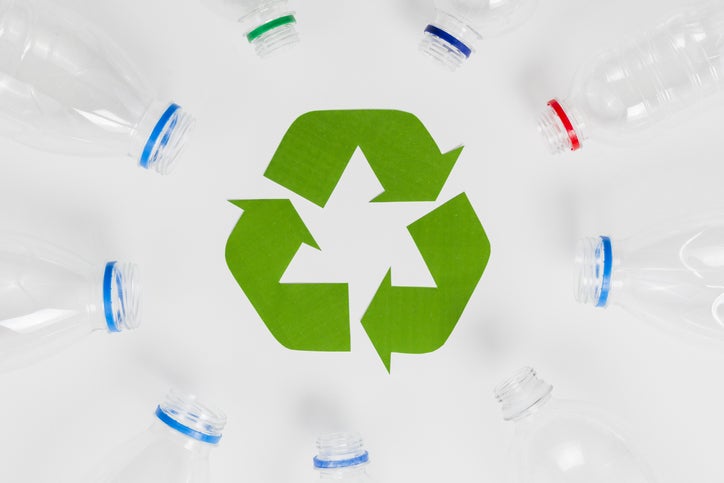
With the US Environmental Protection Agency (EPA)’s recently published draft strategy on plastic pollution, many businesses are wondering how their operations will be affected.
The ‘National Strategy to Prevent Plastic Pollution’ includes objectives on a reduction in pollution during plastic production, improved management of post-use materials, and the prevention of waste and micro/nano-plastics from entering waterways.
The announcement signals a significant commitment from the US government towards climate-friendly solutions. But what does it mean for businesses that currently rely on single-use plastic or other non-recyclable materials?
Packaging Gateway spoke to Good Natured, an eco-friendly packaging company, about how businesses can use the new regulation to their advantage. The company offers three points of advice:
- Take an inventory of your packaging and products to understand what they are made of. Transitioning away from fossil resources isn’t an overnight task – coupled with the fact that there are limited suppliers and manufacturers using renewable alternatives, you’ll need to decide where the biggest investment should be and then seek out partners that can help you take the next step.
- When switching to more eco-friendly packaging and products, look for manufacturers that are already converting biomaterials into a finished product.
- Educate your employees, stakeholders, and customers about what you’re doing to make more eco-friendly improvements. That way, if changes need to be made in pricing, delivery, design, or aesthetics, the company will have a track record of being transparent about its sustainability goals.
Good Natured CEO Paul Antoniadis also provided answers to some of the packaging industry’s most burning questions surrounding sustainability.
How can businesses stay on top of changing packaging sustainability laws?
Navigating today’s rapidly evolving regulatory landscape can be the difference between a business succeeding or failing. To do this, it’s critical to choose a packaging supplier that can serve as your trusted advisor and translator, one who understands your business needs and the complex regulations coming fast and furious. A knowledgeable partner can recommend sustainable solutions that work for your unique circumstances, ensuring compliance, and meeting sustainability goals, giving you an edge in a constantly changing market.

US Tariffs are shifting - will you react or anticipate?
Don’t let policy changes catch you off guard. Stay proactive with real-time data and expert analysis.
By GlobalDataWhat more can government bodies do to implement further changes for eco-friendly packaging?
The government can do more by embracing all material technology platforms, not just the ones that fit with today’s infrastructure. It’s also essential to educate consumers and businesses about the benefits of emerging material technology. By reducing their reliance on fossil fuels for packaging, we can make a positive impact on the environment while supporting the economy.
What are the biggest business opportunities in sustainable materials?
The biggest opportunity in sustainable packaging is the concept of circular packaging. By adopting circular economy principles, we can ensure that our resources are used efficiently and sustainably. This includes using bio-based materials and optimising packaging design to reduce damage and food waste while maximising retail shelf display.
Good Natured’s sustainable plant-based packaging is manufactured in company-owned facilities in North America. The company has reportedly displaced $30m worth of petroleum-based plastics to date, and is on a mission to bridge the gap between new industry technology and market demand.



